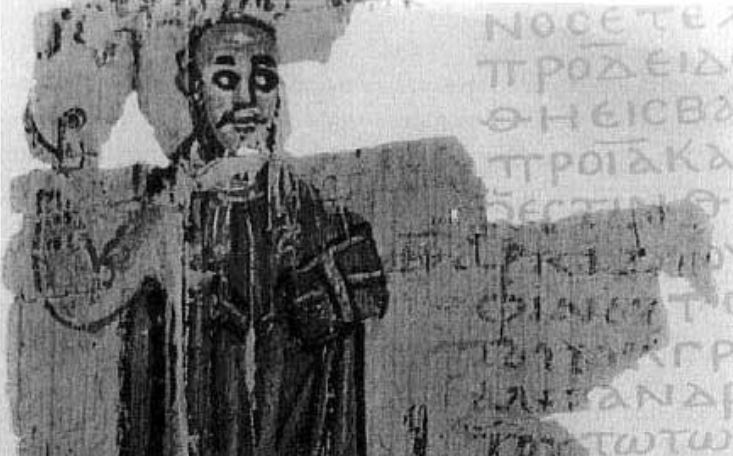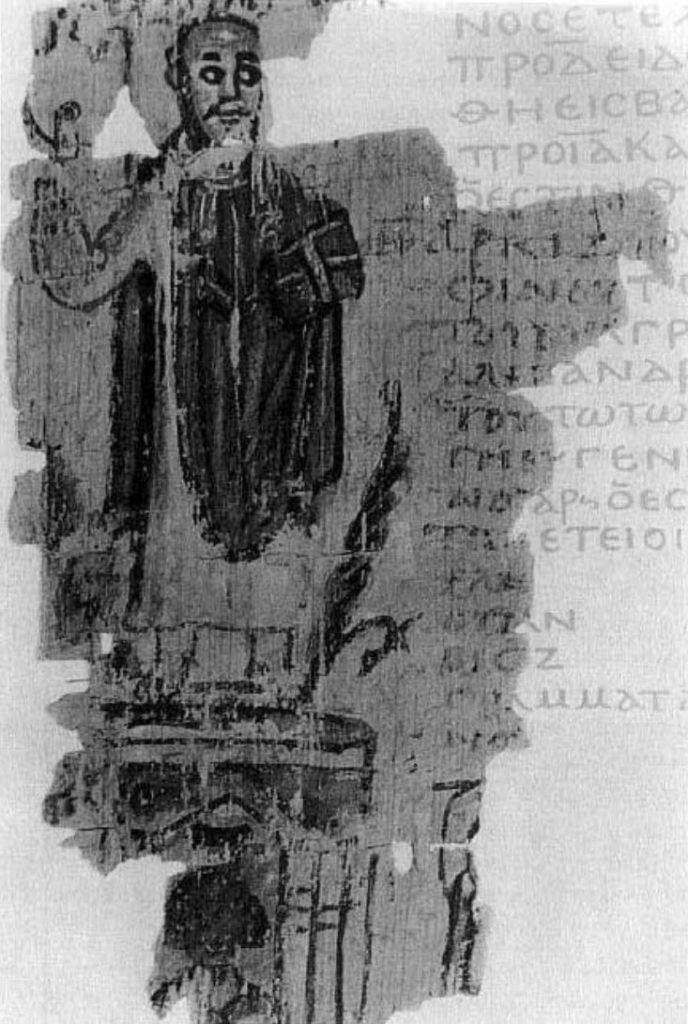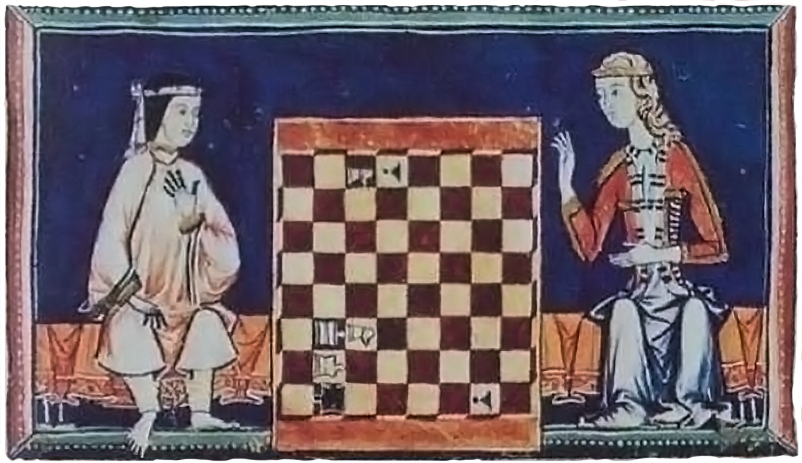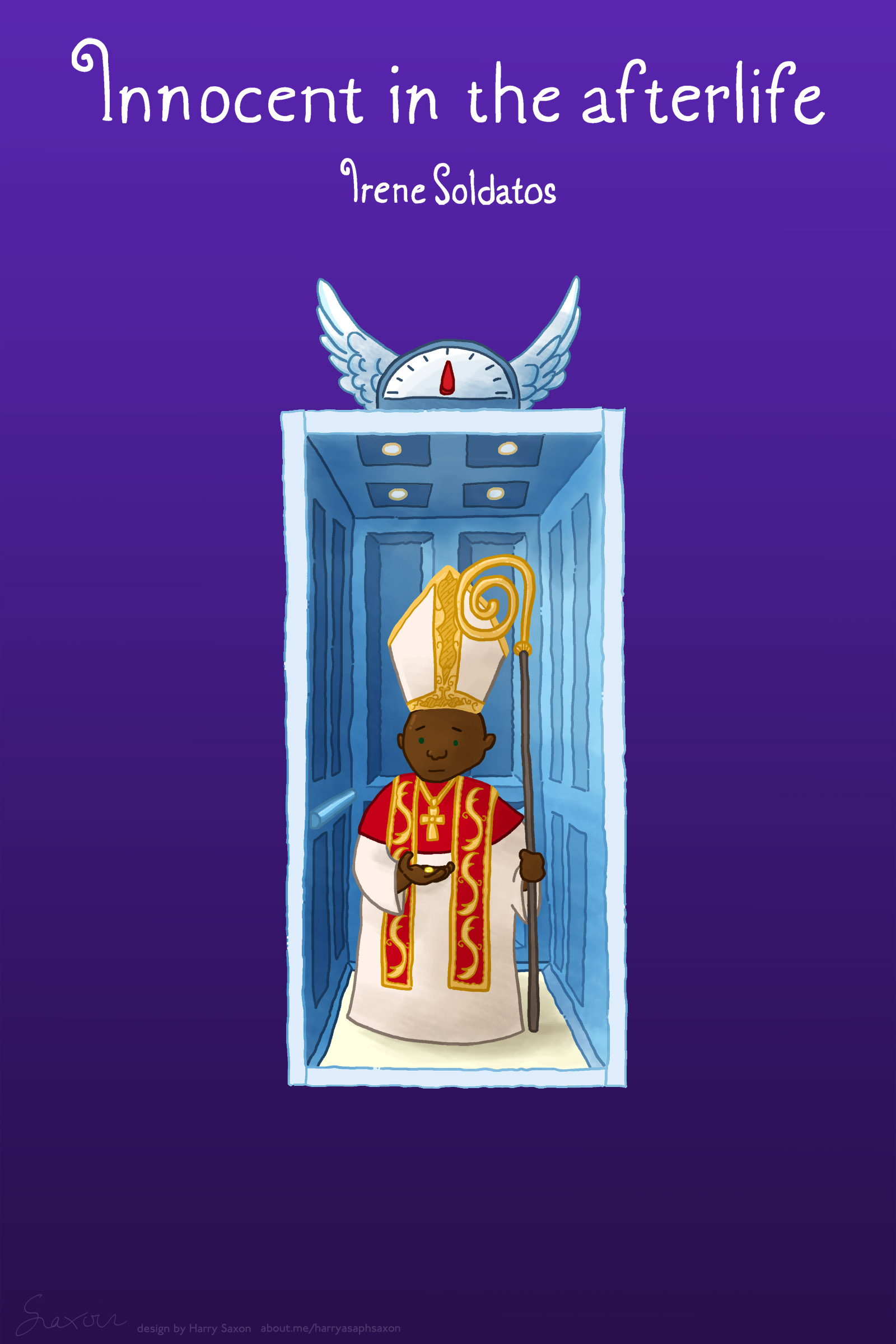
2. The Monks vs the Prefect
Part 2 of series of events, which began here.
Some of the monks inhabiting the mountains of Nitria, of a very fiery disposition, whom Theophilus1 some time before had unjustly armed against Dioscorus and his brethren, being again transported with an ardent zeal, resolved to fight in behalf of Cyril. About five hundred of them therefore quitting their monasteries, came into the city; and meeting the prefect in his chariot, they called him a pagan idolater, and applied to him many other abusive epithets. He supposing this to be a snare laid for him by Cyril, exclaimed that he was a Christian, and had been baptized by Atticus the bishop at Constantinople. As they gave but little heed to his protestations, and a certain one of them named Ammonius threw a stone at Orestes which struck him on the head and covered him with the blood that flowed from the wound, all the guards with a few exceptions fled, plunging into the crowd, some in one direction and some in another, fearing to be stoned to death. Meanwhile the populace of Alexandria ran to the rescue of the governor, and put the rest of the monks to flight; but having secured Ammonius they delivered him up to the prefect. He immediately put him publicly to the torture, which was inflicted with such severity that he died under the effects of it: and not long after he gave an account to the emperors of what had taken place. Cyril also on the other hand forwarded his statement of the matter to the emperor: and causing the body of Ammonius to be deposited in a certain church, he gave him the new appellation of Thaumasius,ordering him to be enrolled among the martyrs, and eulogizing his magnanimity in church as that of one who had fallen in a conflict in defence of piety. But the more sober-minded, although Christians, did not accept Cyril’s prejudiced estimate of him; for they well knew that he had suffered the punishment due to his rashness, and that he had not lost his life under the torture because he would not deny Christ. And Cyril himself being conscious of this, suffered the recollection of the circumstance to be gradually obliterated by silence. But the animosity between Cyril and Orestes did not by any means subside at this point, but was kindledafresh by an occurrence similar to the preceding.2
1 The previous Bishop of Alexandria, who caused the Serapeum, along with other pagan temples, to be destroyed.
2 Socrates and Sozomenus, Ecclesiastical Histories, ed. and trans. Philip Schaff, WM. B. Eerdmans Publishing Company, Michigan, p. 160




